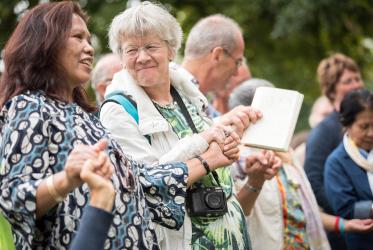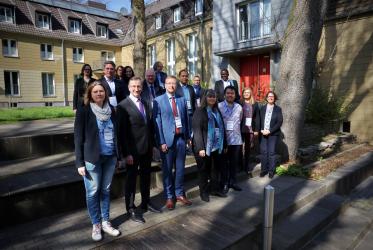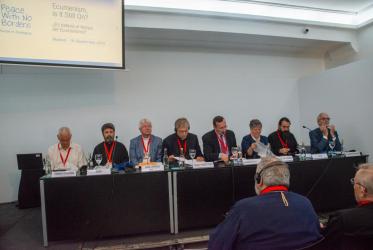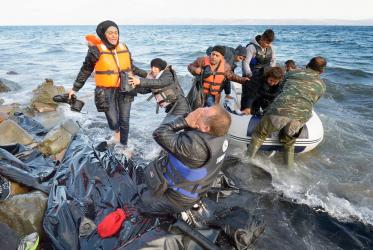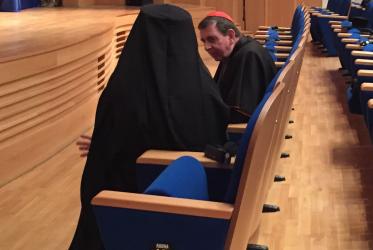Displaying 1 - 20 of 21
Indigenous women struggle for identity in Asia and beyond
05 September 2022
#WCC70: Children in the Ecumenical Movement
20 December 2018
Catholics, WCC map future together after papal visit to Geneva
05 September 2018
#WCC70: Fellowship of women and men – with ups and downs
17 August 2018
World conference on xenophobia, racism, and populist nationalism in the context of global migration
18 - 20 September 2018
Ergife Palace Hotel, via Aurelia 619, Rome, Italy
Cardinal Kurt Koch tells WCC News: We have to deepen our solidarity
05 November 2015




